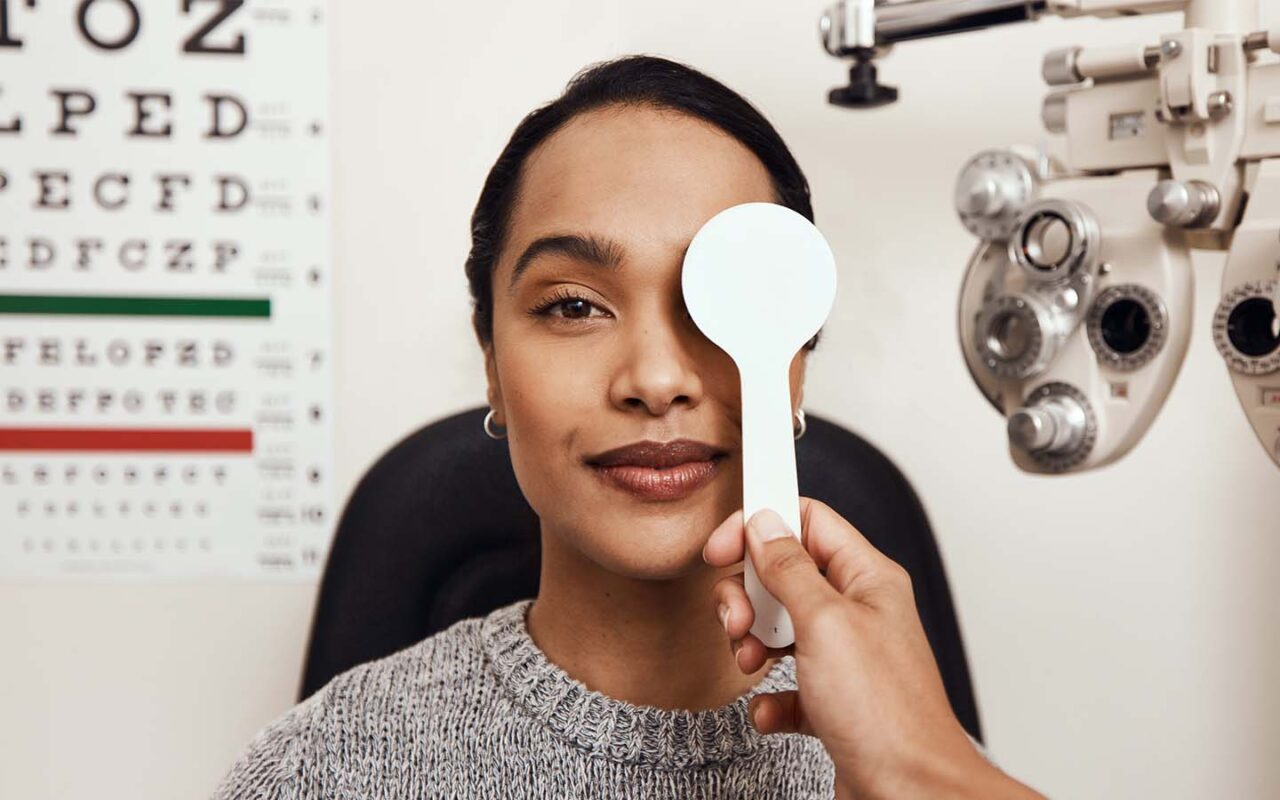All Categories
Featured
Table of Contents

Regular eye assessments are necessary for preserving good vision and detecting prospective eye health concerns early. The regularity of these exams can differ significantly based on an individual's age, way of living, and general health and wellness. Recognizing the suggested schedule for eye examinations can aid guarantee that people of all ages obtain ideal treatment and surveillance for their eye health and wellness.
Infants and Toddlers (0-2 Years)
For toddlers and infants, eye tests are vital for identifying any prospective vision issues early on. The American Academy of Ophthalmology recommends that a child's first eye exam ought to take place at around six months of age. Throughout this preliminary browse through, the eye care professional will assess the kid's aesthetic development and look for any kind of obvious eye issues.Following this very first examination, it is suggested that youngsters have one more eye examination at age 3. This visit will certainly concentrate on evaluating the child's total visual function, consisting of eye placement and the capacity to track things. If no problems are spotted, the following test needs to be scheduled before the child begins school, commonly around age 5 or 6.
School-Aged Kids (6-18 Years)
As soon as youngsters reach institution age, regular eye exams must be scheduled each to two years. Vision is crucial for finding out and development, and many institutions carry out vision screenings. These testings do not change a detailed eye examination by an eye treatment specialist.For kids entailed in activities or sports requiring considerable visual emphasis, annual eye exams may be advisable. Additionally, if a kid exhibits signs of vision troubles-- such as difficulty reviewing, squinting, or constant frustrations-- a see to the eye physician ought to be scheduled as soon as possible.
Young Person (19-39 Years)
Youthful grownups generally have fewer vision adjustments than older age, but routine eye tests remain vital. The basic referral is to arrange an eye examination every 2 years throughout this duration. People with details danger elements-- such as a household history of eye illness, diabetic issues, or those who use call lenses-- must think about yearly eye exams.Additionally, those who spend substantial time on electronic devices may experience digital eye strain. If signs such as dryness, fatigue, or blurred vision take place, it may be wise to see an eye care professional sooner.
Adults (40-64 Years)
Grownups aged 40 to 64 should set up eye examinations every one to 2 years. Eye exams can likewise assist spot other common age-related conditions such as glaucoma, cataracts, and macular deterioration.If people in this age group have danger aspects such as hypertension or diabetes, they may call for more frequent assessments to monitor their eye health and wellness very closely.
Senior Citizens (65 Years and Older)
For elders, regular eye tests become a lot more critical. The American Optometric Association recommends that people aged 65 and older have an eye test a minimum of yearly. Older adults go to a higher threat for various eye diseases, including cataracts, glaucoma, and age-related macular degeneration. Early detection and treatment of these conditions can stop vision loss and boost the lifestyle.Conclusion.
Comprehending the proper schedule for eye examinations based upon age is crucial for maintaining ideal eye wellness throughout life. From babies to seniors, routine eye evaluations play a critical role in detecting concerns early and ensuring that vision remains sharp. By sticking to these guidelines and seeking advice from an eye treatment expert, people can take proactive actions toward preserving their vision and overall health. Whether it's a kid's very first visit or an elderly's yearly examination, prioritizing eye care is an investment in long-lasting health.Table of Contents
Latest Posts
Upgrade Your Shower Space with Bath Fitter's Shower Redesign Options
Published Nov 23, 24
2 min read
Choosing Between Furniture Restoration and Custom Creations: What’s Best for You?
Published Nov 22, 24
1 min read
Elevating Outdoor Spaces with Tailored Gates and Fences
Published Nov 22, 24
1 min read
More
Latest Posts
Upgrade Your Shower Space with Bath Fitter's Shower Redesign Options
Published Nov 23, 24
2 min read
Choosing Between Furniture Restoration and Custom Creations: What’s Best for You?
Published Nov 22, 24
1 min read
Elevating Outdoor Spaces with Tailored Gates and Fences
Published Nov 22, 24
1 min read